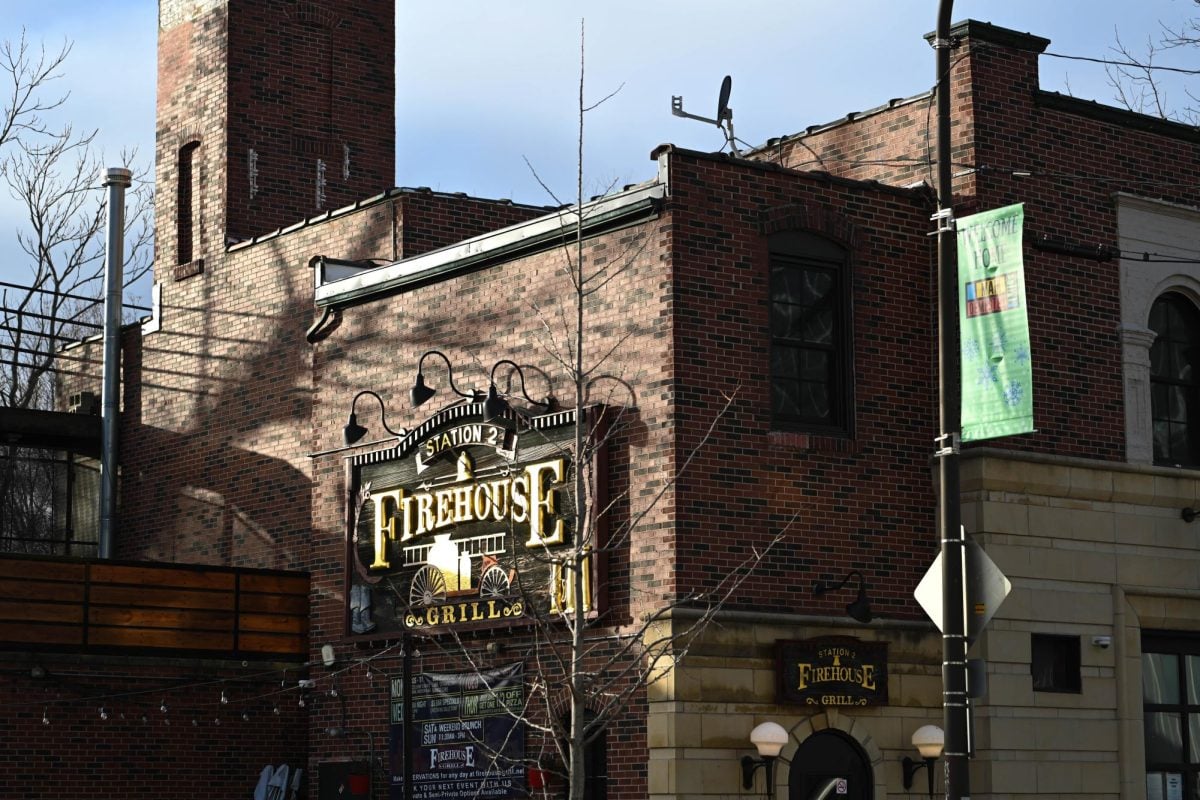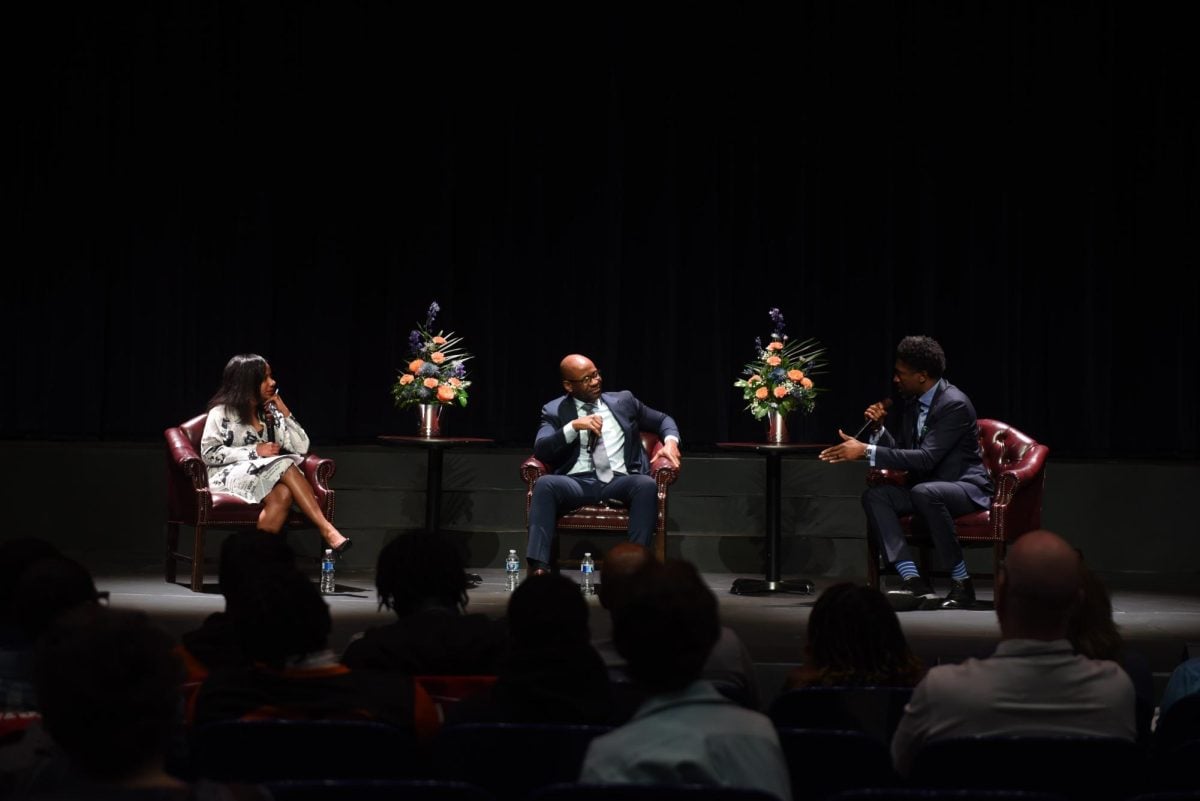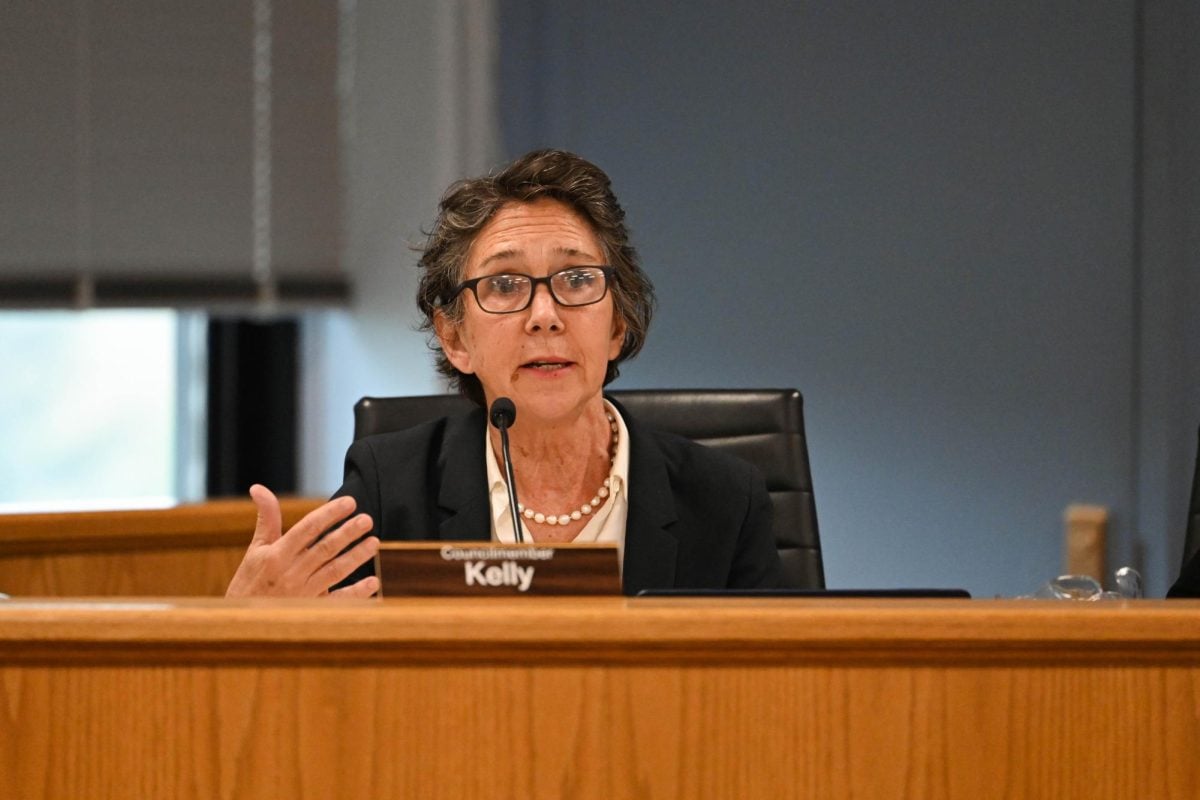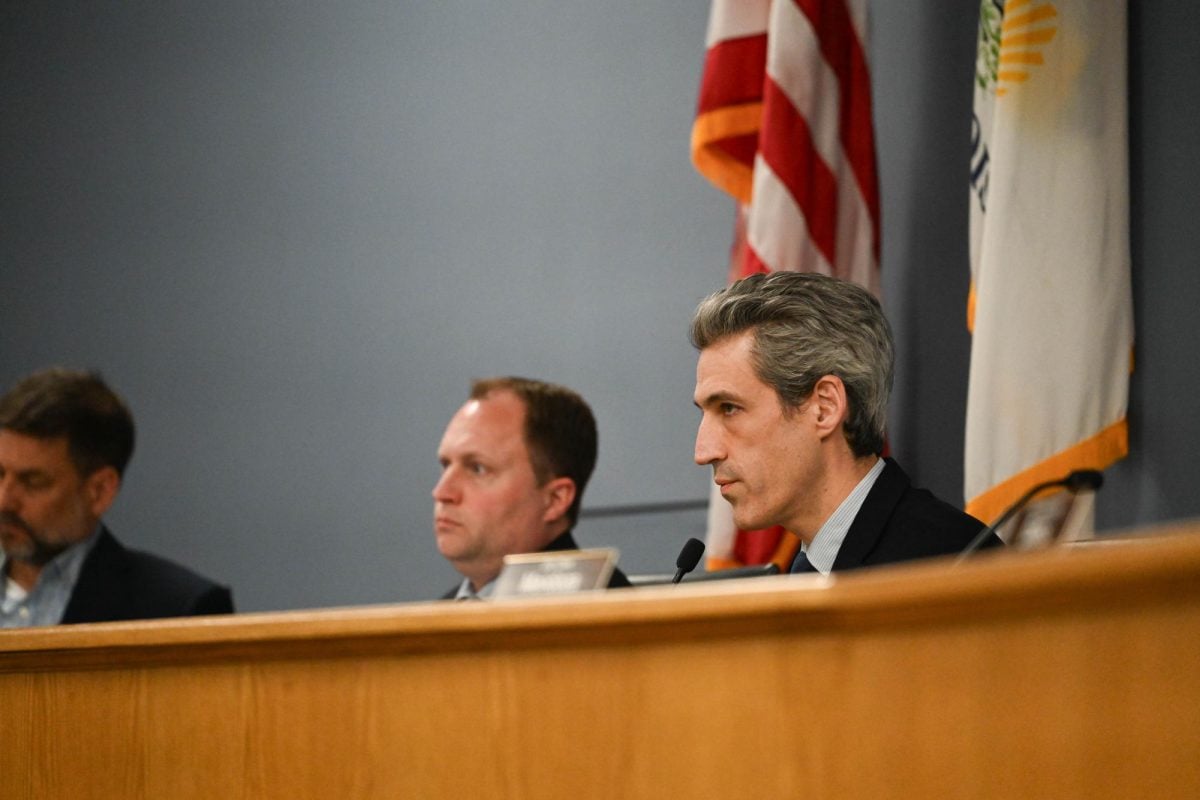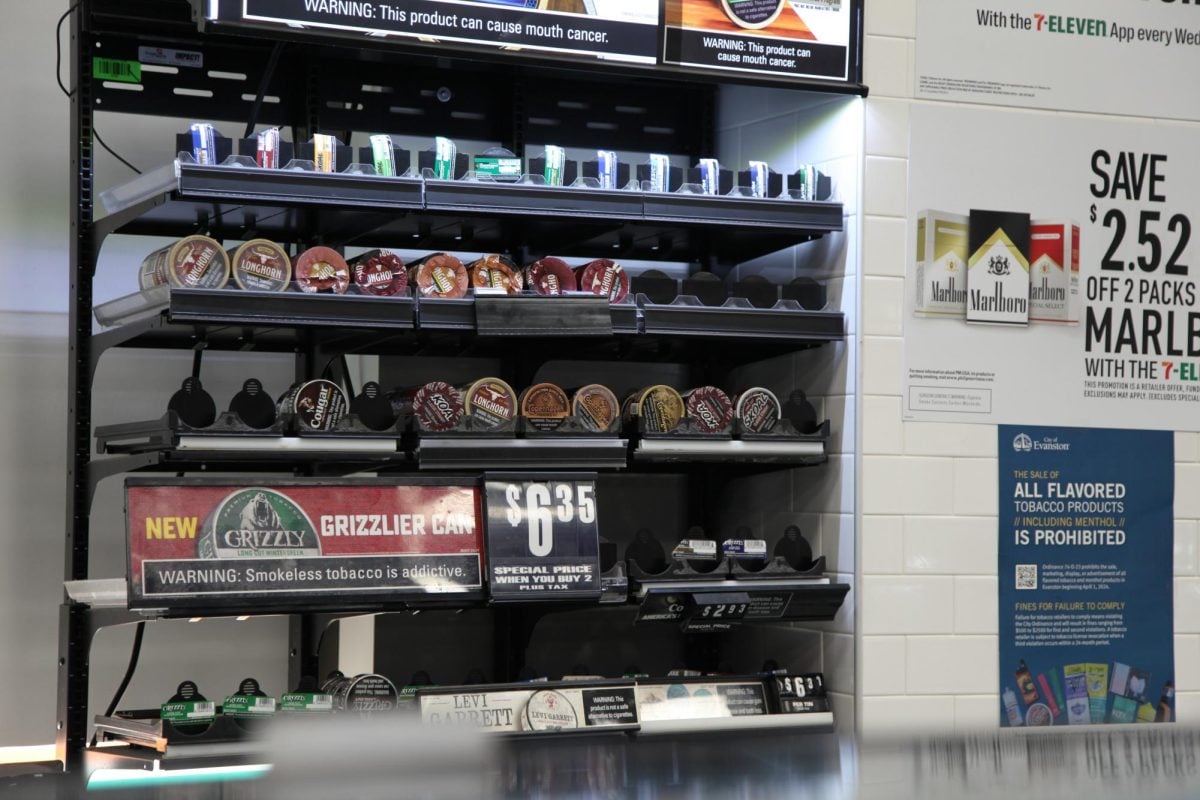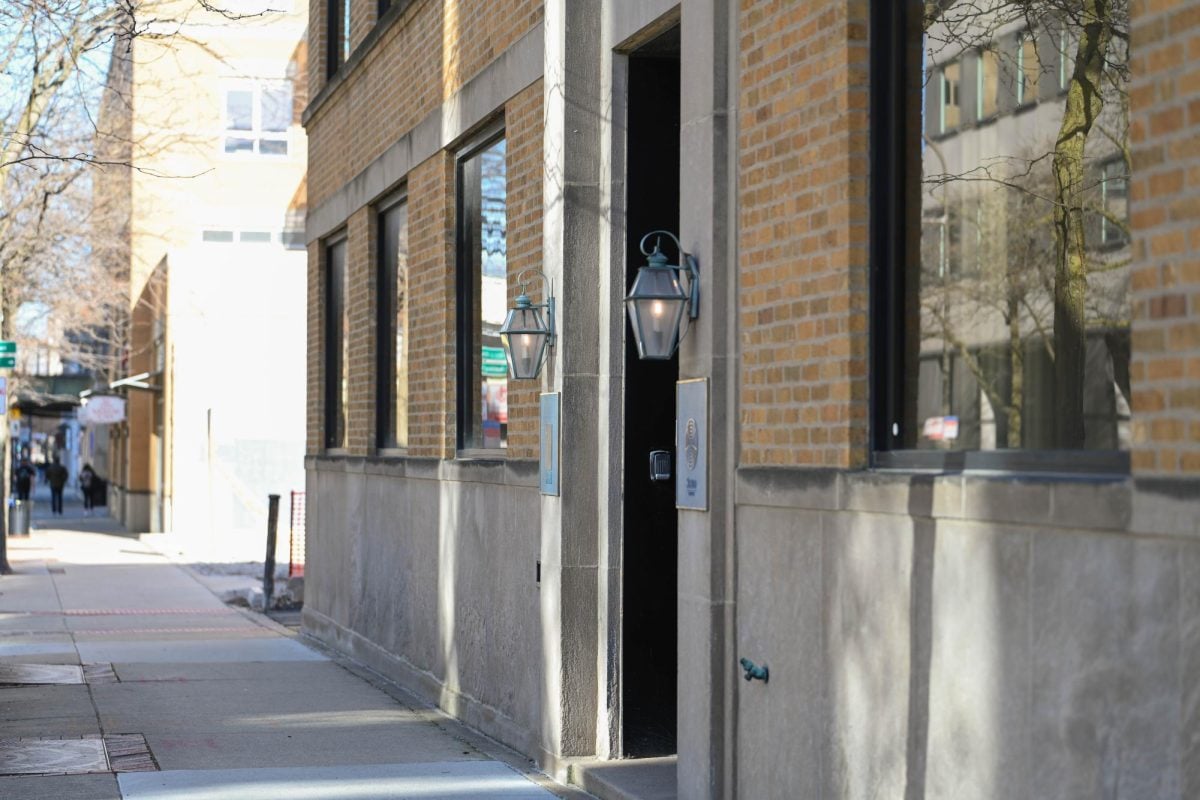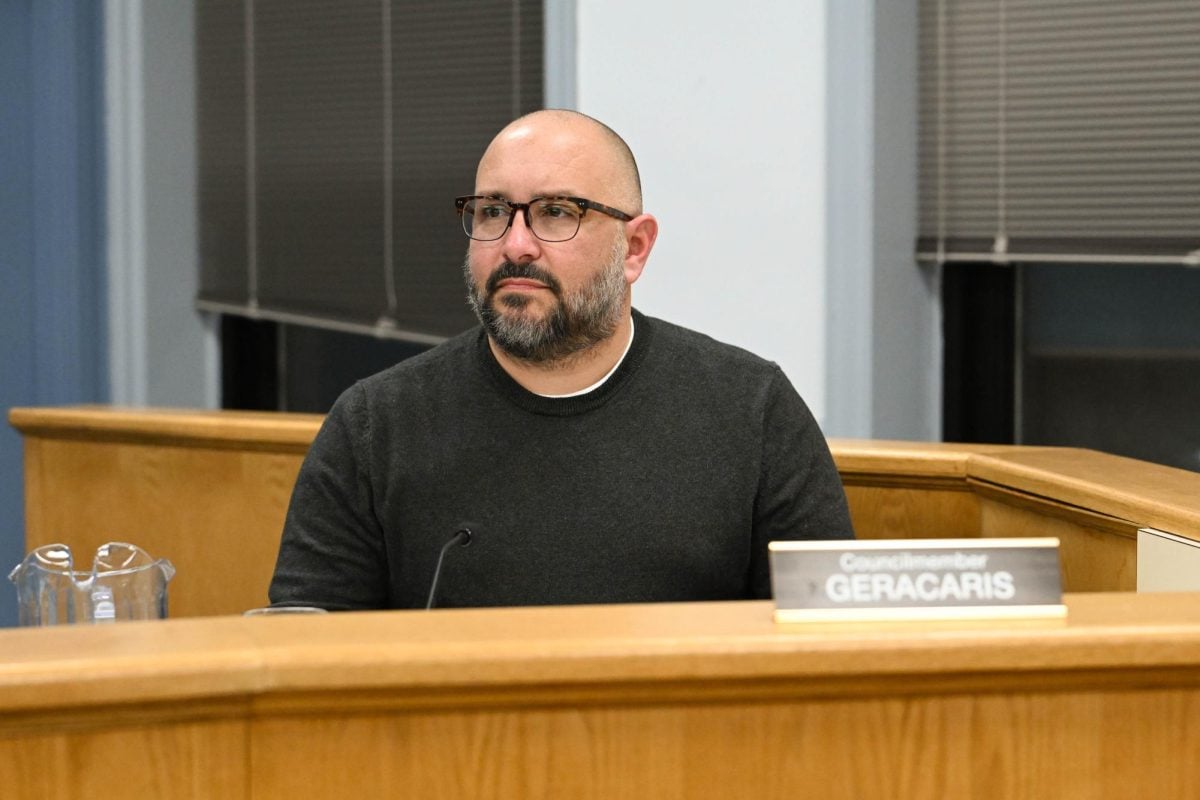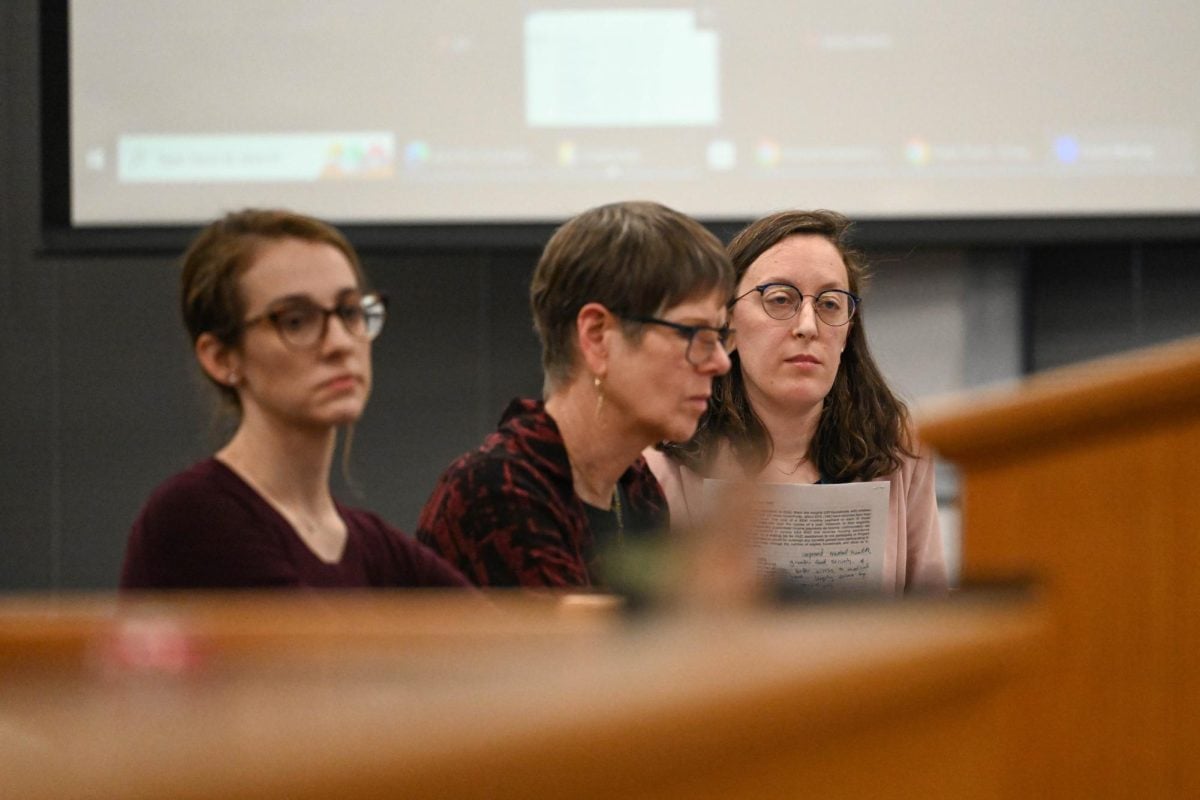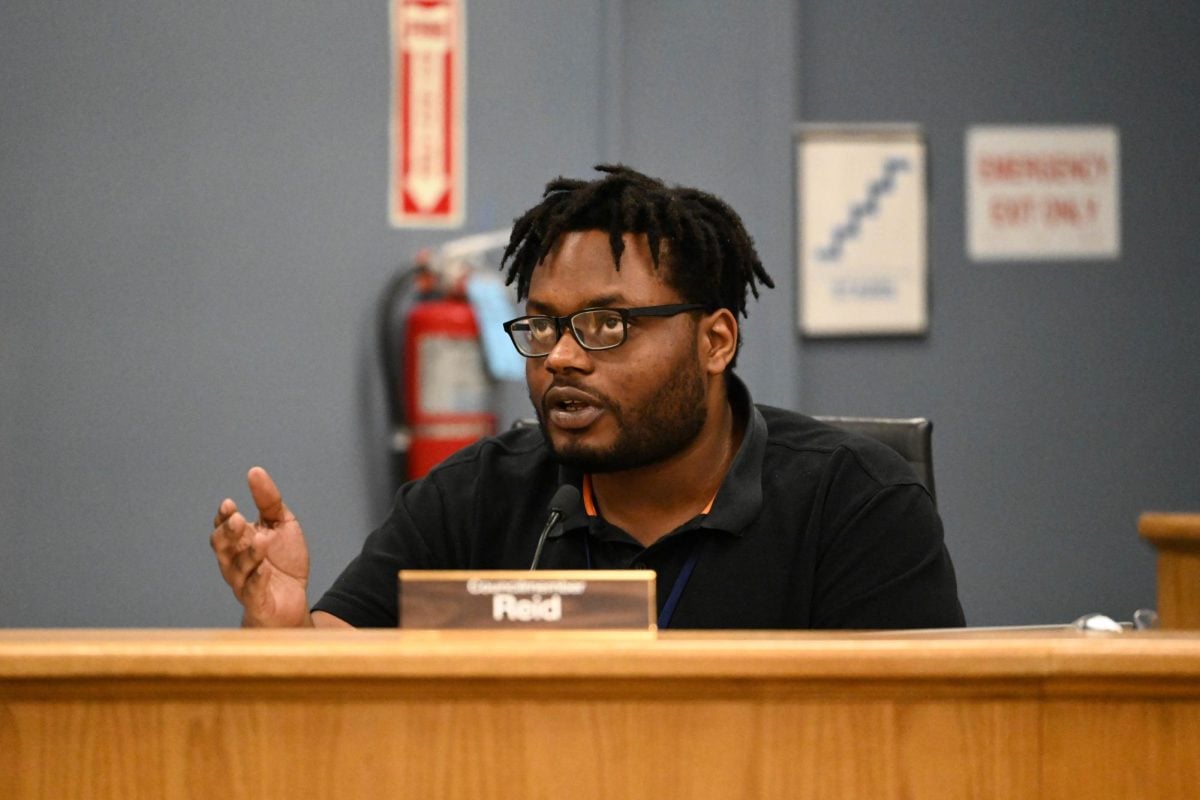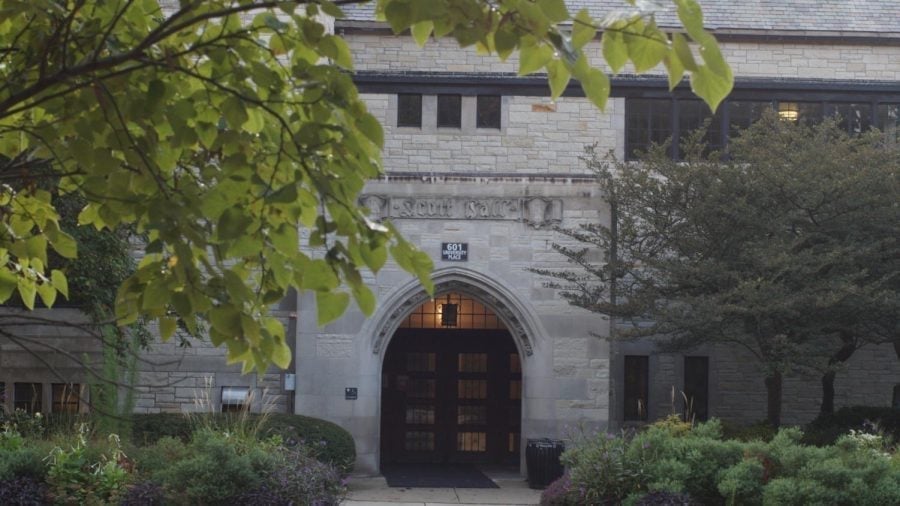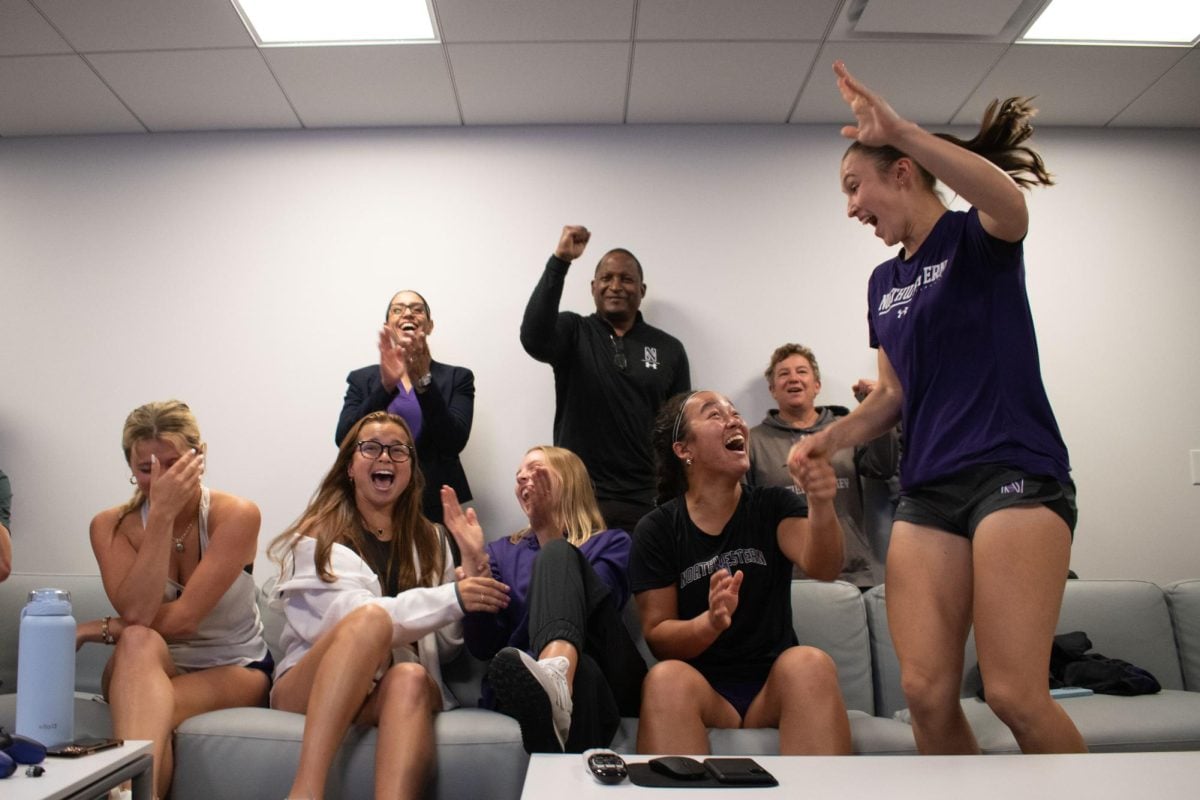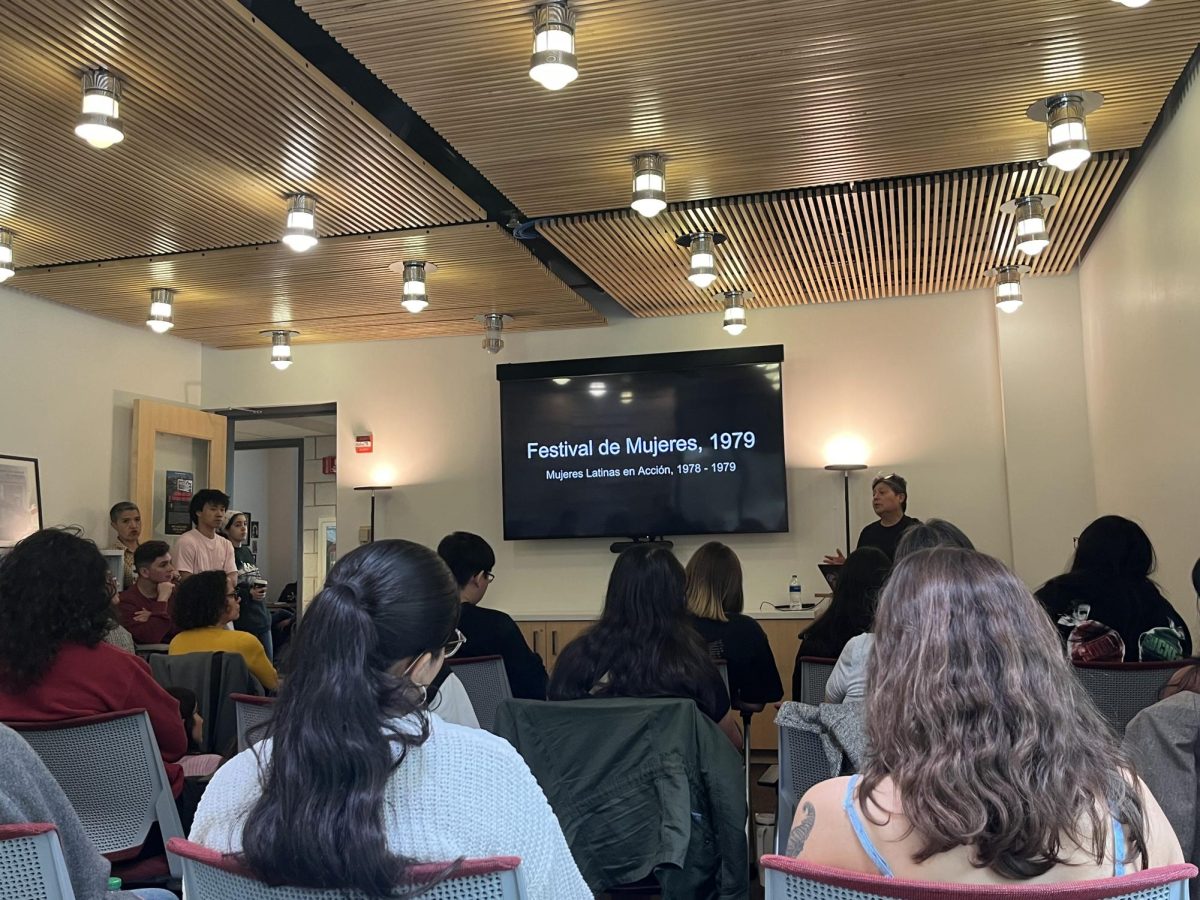At a City Council meeting last month, Ald. Devon Reid (8th) walked out while his colleagues voted to delay a proposal to increase Evanston’s minimum wage, saying they failed to “stand up for f—ing poor people.”
As the ordinance returns to City Council next month, Reid told The Daily he thinks it will finally pass. But, after the council removed a plan to increase the minimum wage automatically, Reid said he still harbors qualms about his colleagues’ subsequent decision to table the measure, he added.
“I think a number of my colleagues are not proximate to the issues of minimum-wage and low-wage workers,” he said. “They are more proximate to the business owner class than the working class.”
Under the proposal, Evanston would increase its minimum wage for companies with fewer than 100 employees to $15.50 per hour. Larger firms must pay employees $16.25, and the rule would take effect July 1. The state currently sets the minimum wage at $14 per hour, and it will grow to $15 next year.
On Jan. 8, the proposal returned to City Council for the fourth time in the past few months. Some councilmembers argued that raising the minimum wage would put Evanston at a competitive disadvantage to neighboring cities.
“I am deeply concerned about when we pass legislation that impacts our local businesses that then disadvantage them to surrounding communities, as we’re struggling really hard to get our city back in shape after COVID,” Ald. Clare Kelly (1st) said at the meeting.
The original proposal would have required the minimum wage to increase every year proportional to an increase in the consumer price index of up to 2.5%. Reid called the council’s decision to remove that stipulation “extremely damaging” to Evanston’s lower-income residents. He said it would mean future battles of “political football” over increasing the minimum wage.
It’s unclear how many businesses in Evanston pay minimum wage. Patrick Fowler heads the Evanston Restaurant and Hospitality Group and said the current proposal will likely not affect many local retailers who already pay higher than the minimum wage.
“The majority of restaurants are already paying 30%, 40% higher at an entry level,” Fowler said. “And beyond an entry level, 50%, sometimes 100% higher than minimum wage.”
Last fall, the proposal also included a provision to eliminate the sub-minimum wage, which applies to tipped workers. By October, the city had removed that provision after feedback from restaurants and other establishments where employees accept tips.
Most businesses have no qualms with the minimum wage hike, said Fowler, who also operates three local restaurants.
“More and more businesses we’ve talked to were like, ‘We pay well above this,’” he added.
After Reid walked out of the Jan. 8 meeting, the council also voted down his proposal to prohibit businesses from refusing to accept cash.
He said he will continue to investigate installing a reverse ATM, for example, to help low-income residents who lack bank accounts.
“Folks are relying on the council to understand and hear their struggles and ensure that we are bringing more money back to our community away from the larger corporations who have made record profits over the last few years,” Reid added.
Email: [email protected]
Related Stories:
— City Council tables minimum wage increase, drops cashless business ban
— City Council approves execution of Participatory Budgeting projects, discusses minimum wage increase

